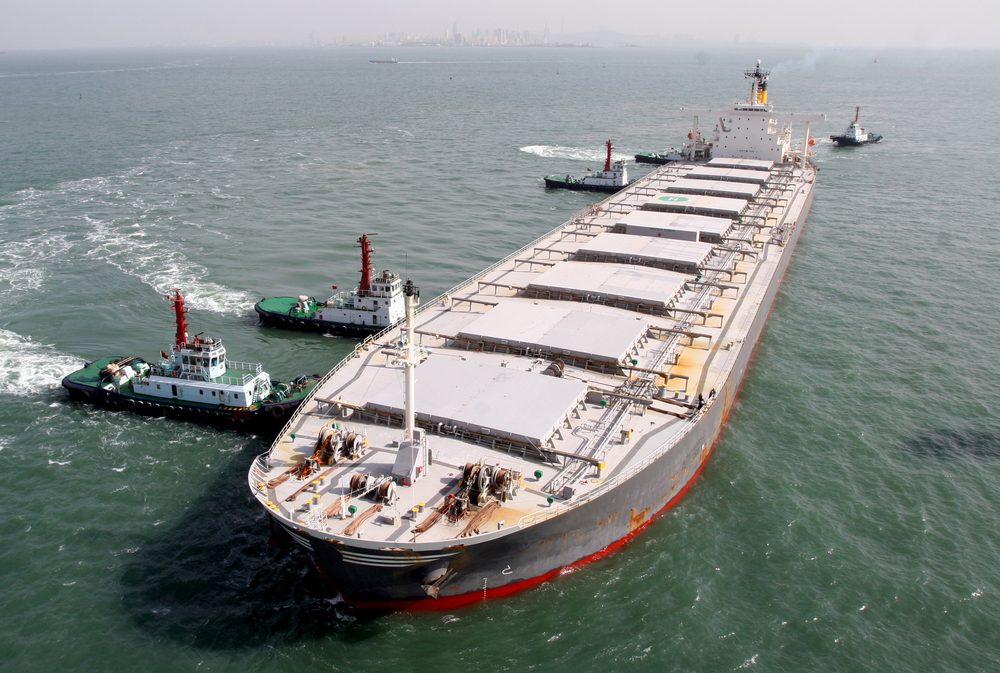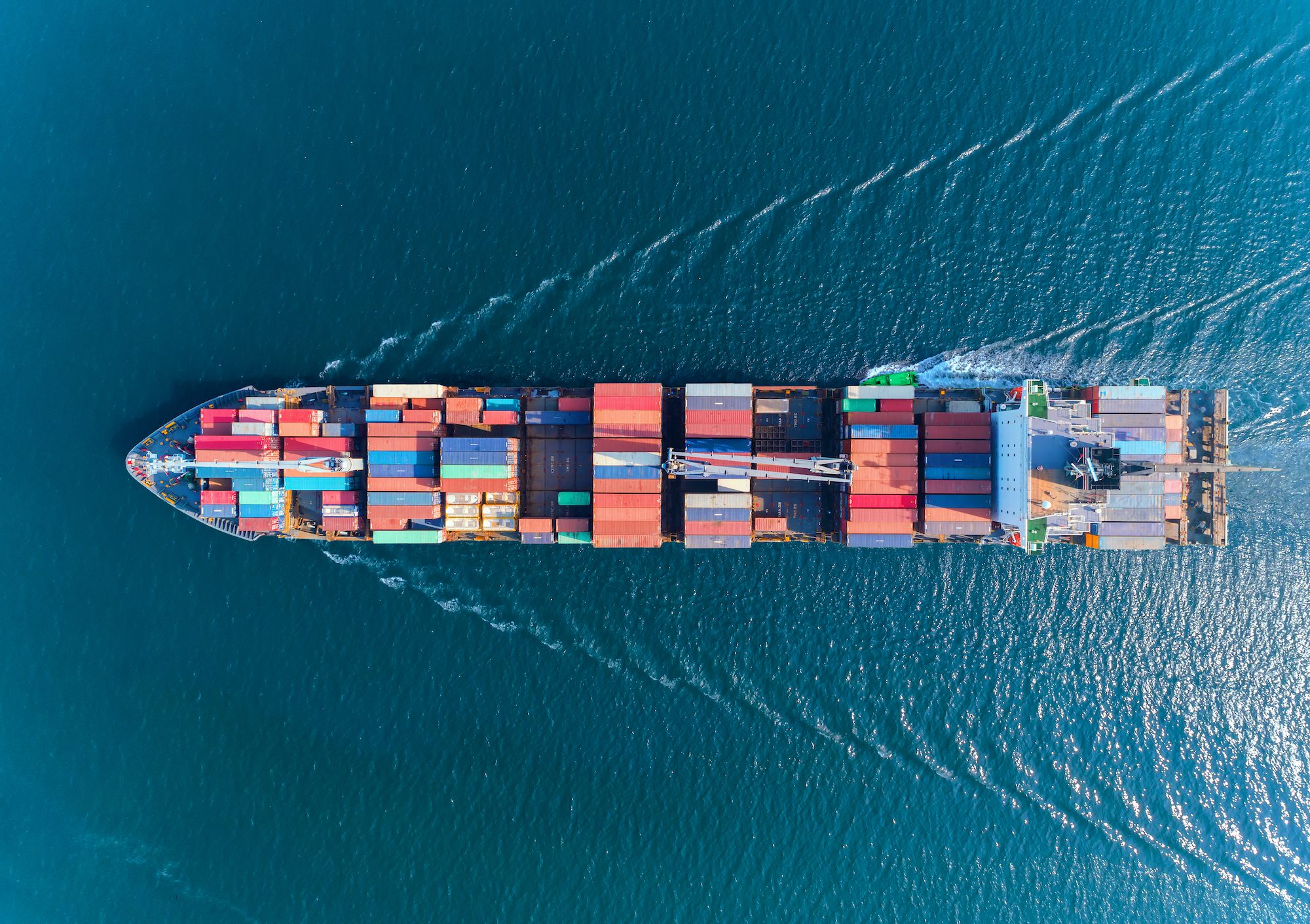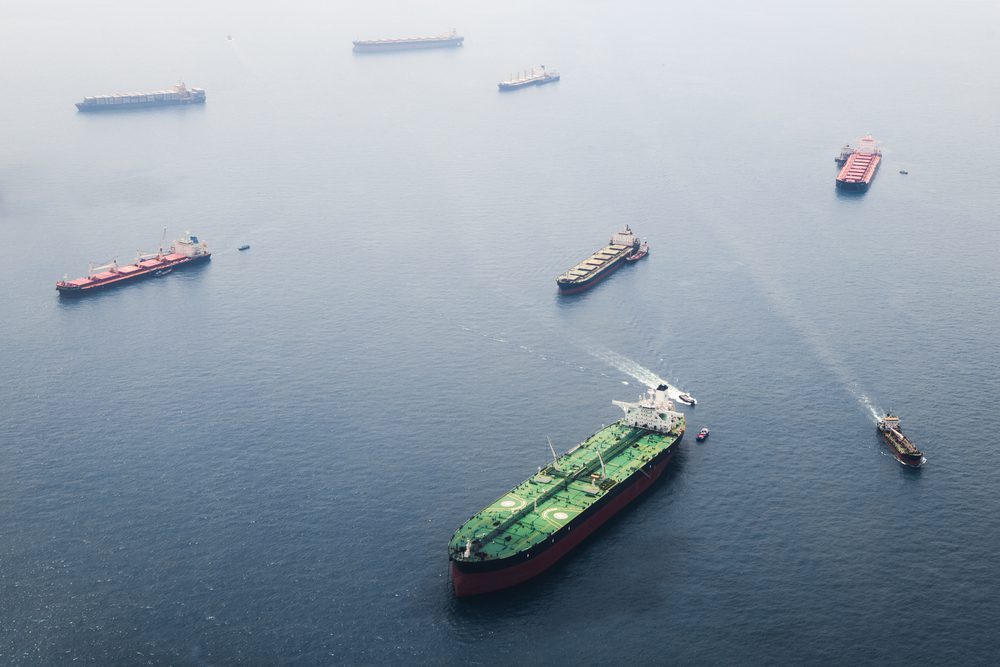 By Keith Wallis
By Keith Wallis
SINGAPORE, March 12 (Reuters) – Rates for capesize bulk carriers, which have been close to six-year lows for the last two months, will remain under pressure as a tonnage glut continues to weigh on the market, brokers said.
With only marginal increases in freight rates on main capesize routes from Australia and Brazil in the second quarter, the current market conditions could remain until June, said one Singapore-based capesize broker on Thursday.
Rates from Australia to China have stayed around $4.40 per tonne for the past few weeks, the broker said.
The capesize market is “similar to watching the grass grow – only without all the excitement,” said Norwegian ship broker Fearnley in a weekly research note on Wednesday.
Limited chartering activity in the past week has been made worse by the large number of ships available for charter. “There were 12 ships fixtures in the past week and the market went down,” the Singapore broker said.
“There is simply a limit to how much iron ore and coal the world’s base industries need transported by sea,” the Fearnley note said.
Charter rates for the Western Australia-China route slipped to $4.46 per tonne on Wednesday, against $4.51 per tonne a week earlier.
Rates are still close to $4.12 per tonne reached on Jan. 12, the lowest since December 2008.
Rates for the Brazil-China route nudged higher to $10.52 on Wednesday, compared with $10.37 per tonne last week. Rates hit $9.65 per tonne on Jan. 9, the lowest since January 2009.
Freight rates in the smaller panamax market are likely to flatten next week as tonnage supply outpaces cargo demand, brokers said.
“We need to see a lot more cargo,” a Singapore-based panamax broker said on Thursday.
Rates on routes to India, Indonesia and southern China are all coming under pressure. “The north Pacific is better of all the regions,” he said.
Rates for a panamax transpacific voyage rose to $5,370 per day on Wednesday, up from $5,003 per day last Wednesday and the highest since Jan. 2.
Freight rates for smaller supramax bulk carriers climbed this week to around $8,000 per day for a round trip to the west coast of India, against $7,000 last week, Fearnley said.
The Baltic Exchange’s main sea freight index closed up at 565 on Wednesday, up from 559 a week ago.
Technical analysis showed the benchmark is expected to rise towards a resistance at 677 in a week. (Reporting by Keith Wallis; Editing by Biju Dwarakanath)
(c) 2015 Thomson Reuters, All Rights Reserved

 Join The Club
Join The Club











